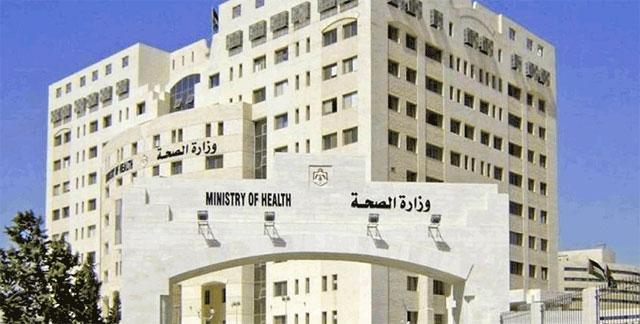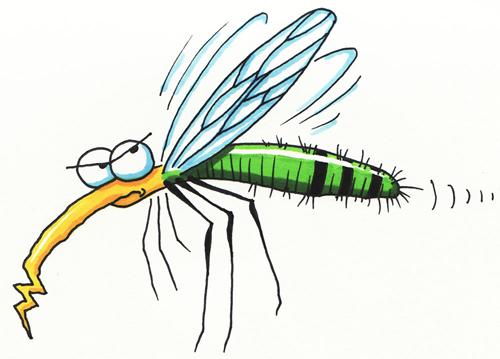You are here
Health ministry announces plan to address West Nile fever
By JT - Jul 11,2024 - Last updated at Jul 11,2024
AMMAN — Health Ministry Secretary-General for Primary Health and Epidemics Raed Shboul announced on Wednesday that the ministry has developed a plan to address West Nile fever.
The ministry plan includes disease identification, the local epidemiological situation, and the ministry’s readiness to respond, alongside the roles of national partner institutions in intensifying spraying operations and vector control (insects and mosquitoes).
In a statement to the Jordan News Agency (Petra), Shboul explained that following reports of West Nile fever cases in neighbouring countries, a meeting of the National Epidemic Control Committee was held at the beginning of July to prepare national recommendations for combating and preventing the spread of the disease.
He noted that the ministry has activated active surveillance in selected high-risk areas by increasing the number of samples from suspected cases and issuing guidelines to all healthcare workers in hospitals and health centres on how to handle cases if recorded.
Shboul pointed out that the ministry has a mosquito distribution map based on studies, detailing all types of vectors for various diseases.
Tests for multiple disease-causing agents (15 diseases) are conducted under this programme, including West Nile fever, and antibody tests for West Nile fever are available.
He emphasised that the Ministry of Health provides all laboratory tests for infectious diseases of epidemiological concern and is capable of confronting and diagnosing any epidemic in a timely manner.
All tests are free for suspected cases in the kingdom, regardless of the patient’s nationality.
Shboul said that the ministry has circulated information about the disease and its vectors to all affiliated health institutions, the Royal Medical Services, university hospitals, and private sector hospitals
He added that the ministry has also developed a plan to prevent the disease, which includes combating insects and mosquitoes in the air and water bodies, in cooperation with all relevant ministries and institutions, in addition to coordination for infection control by monitoring the disease in migratory, wild, and dead birds in collaboration with the Ministry of Agriculture and the Royal Scientific Society for Environmental Protection, and forming three teams to conduct field visits to assess the situation.
Shboul explained that West Nile fever is a zoonotic disease transmitted from infected birds to humans through mosquito bites.
Humans are the final place for the virus, meaning it does not spread from person to person, and isolation is not required for those infected.
He clarified that the disease is not considered a major public health threat in the kingdom, with no recorded outbreaks since 2020, when only six cases were registered.
Shboul noted that 80 per cent of West Nile fever cases are asymptomatic, while symptoms may appear in the remaining 20 per cent, with only 1 per cent of symptomatic cases experiencing severe symptoms (acute encephalitis).
He confirmed that the Ministry of Health has a selected surveillance programme that monitors suspected cases in chosen locations.
Any unexplained fever is considered a suspected case, warranting sample collection for testing at the central laboratory.
Related Articles
AMMAN — The Ministry of Health on Monday announced the first recorded case of West Nile fever through its fever surveillance programme in se
LONDON — Countries battling the Zika virus should consider new ways to curb disease-carrying mosquitoes, including testing the release of ge
PARIS — Mozzies. Skeeters. Stingers. Whatever you call them, mosquitoes do not get much love from our species.And why should they?


















